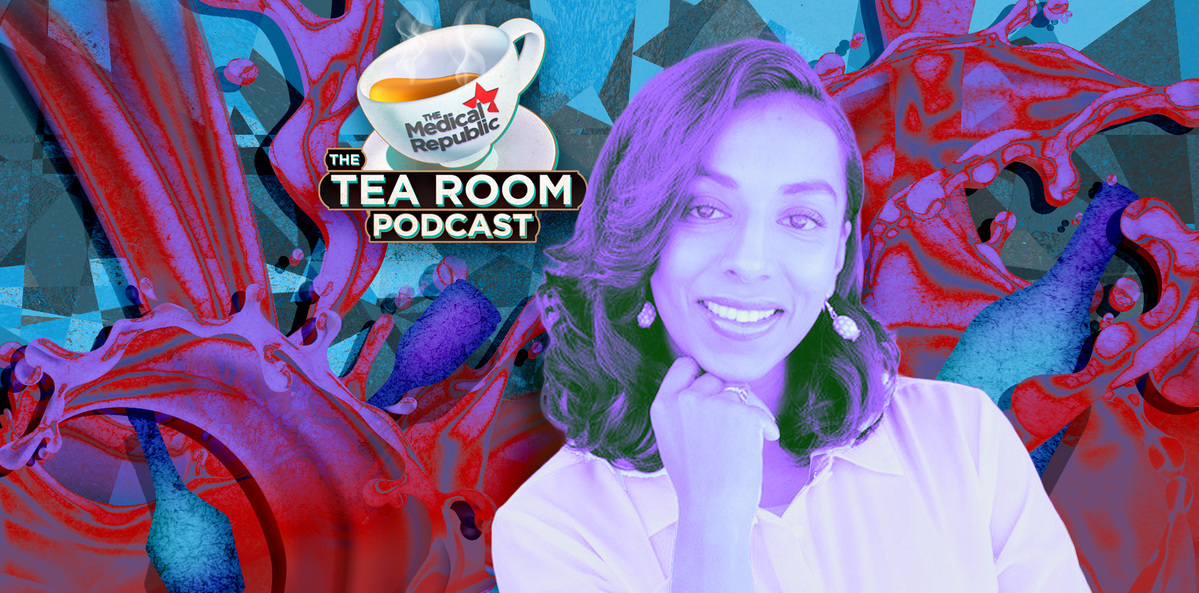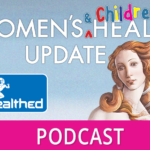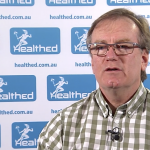We hear about MBS changes, new drug guidelines and common mistakes in FASD diagnosis.
It’s widespread and often misdiagnosed, but fetal alcohol spectrum disorder has finally been included in the MBS.
This is a good thing according to our guest Nirosha Boaden. She is undertaking a PhD in FASD and brings expertise in social work and public health research to her role as a senior mental health specialist in the Northern Territory.
Ms Boaden says FASD can manifest in behaviours that are often mistaken for attention deficit hyperactivity disorder and autism spectrum disorder. There are other misconceptions that Ms Boaden clears up in The Tea Room today.
The assumption that FASD is only an issue for marginalised communities is wrong, according to Ms Boaden.
“Alcohol consumption is not in just one part of our community. It’s broadly across Australia. The highest rates of binge drinking are in adolescents up to 25 years and the highest rates of longitudinal drinking – a glass or two after work – are people over 35 years,” she says.
International prevalence studies indicate that up to one in 20 children in Western countries could have FASD but there is no accurate data for Australia.
The second misconception is that people with FASD always have sentinal facial features such as small eyes and thin upper lip.
“We now know that you can have FASD with sentinel facial features or without. So, if there’s been a confirmed alcohol use during pregnancy and maybe there’s some impairment with the child cognitively, then refer it to paediatrics because they could really benefit from a diagnosis,” Ms Boaden says.
The third FASD myth Ms Boaden wants to bust is the ongoing belief that an occasional drink during pregnancy presents no risk.
“The latest research tells us that there’s absolutely no safe level of alcohol during pregnancy,” she says. “Maybe when someone is pregnant we can all get together and do a Dry July for the whole nine months.”
Ms Boaden says pathways for adults with FASD are inadequate and patients are likely to be either undiagnosed or overmedicated. She says polypharmacy is often an issue for FASD patients and that people with FASD have a higher risk of death by misadventure.
As of 1 March, the MBS has included FASD under neurodevelopmental disorders. The age limit for neurodevelopmental disorders has also been lifted from 13 to 25 years and MBS has doubled the number of assessment services permitted.
NoFASD Australia has published guidelines for clinicians to follow when prescribing medications to people with FASD. They are based on Canadian research that established a medication algorithm to guide prescribers.
You can listen and subscribe to the show by searching for “The Tea Room Medical Republic” in your favourite podcast player.






